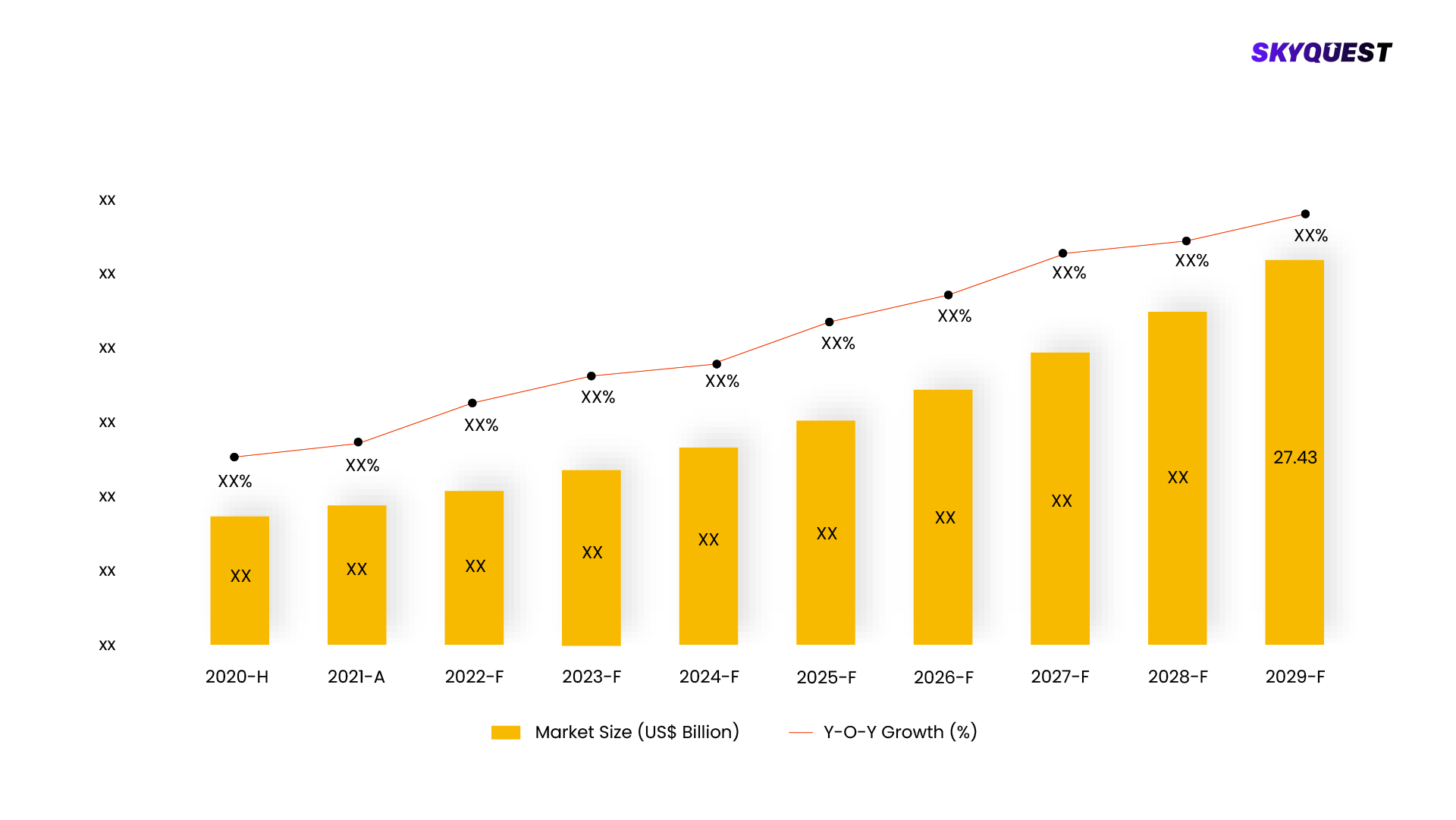
Product ID: UCMIG55A2046

Report ID:
UCMIG55A2046 |
Region:
Global |
Published Date: Upcoming |
Pages:
165
| Tables: 55 | Figures: 60
Modular UPS systems are intended to operate continuously throughout the life of the UPS; they are intended to be flexible when additional redundancy is required to minimise failure. In many cases, installing modular UPS systems is less expensive than installing parallel or scalable UPS systems. In comparison to standalone or parallel UPS, it can be disassembled and reassembled on-site, lowering delivery costs. Conventional UPS systems require more space because they are typically extended horizontally on the floor, whereas modular UPS typically expand vertically in the rack, requiring less floor space. The above-mentioned advantages of modular UPS systems over traditional UPS systems drive market demand for modular UPS.

This report is being written to illustrate the market opportunity by region and by segments, indicating opportunity areas for the vendors to tap upon. To estimate the opportunity, it was very important to understand the current market scenario and the way it will grow in future.
Production and consumption patterns are being carefully compared to forecast the market. Other factors considered to forecast the market are the growth of the adjacent market, revenue growth of the key market vendors, scenario-based analysis, and market segment growth.
The market size was determined by estimating the market through a top-down and bottom-up approach, which was further validated with industry interviews. Considering the nature of the market we derived the Electric Utilities by segment aggregation, the contribution of the Electric Utilities in Diversified Utilities Services and vendor share.
To determine the growth of the market factors such as drivers, trends, restraints, and opportunities were identified, and the impact of these factors was analyzed to determine the market growth. To understand the market growth in detail, we have analyzed the year-on-year growth of the market. Also, historic growth rates were compared to determine growth patterns.
Our industry expert will work with you to provide you with customized data in a short amount of time.
REQUEST FREE CUSTOMIZATIONThe market for Modular UPS was estimated to be valued at US$ XX Mn in 2021.
The Modular UPS Market is estimated to grow at a CAGR of XX% by 2028.
The Modular UPS Market is segmented on the basis of Organization size, Capacity, End user, Region.
Based on region, the Modular UPS Market is segmented into North America, Europe, Asia Pacific, Middle East & Africa and Latin America.
The key players operating in the Modular UPS Market are ABB, AEG Power Solutions, Eaton, Emerson Electric, Schneider Electric, Huawei, Delta Electronics, Gamatronic, Tripp-Lite, Toshiba International Corporation.
Want to customize this report? This report can be personalized according to your needs. Our analysts and industry experts will work directly with you to understand your requirements and provide you with customized data in a short amount of time. We offer $1000 worth of FREE customization at the time of purchase.

Product ID: UCMIG55A2046